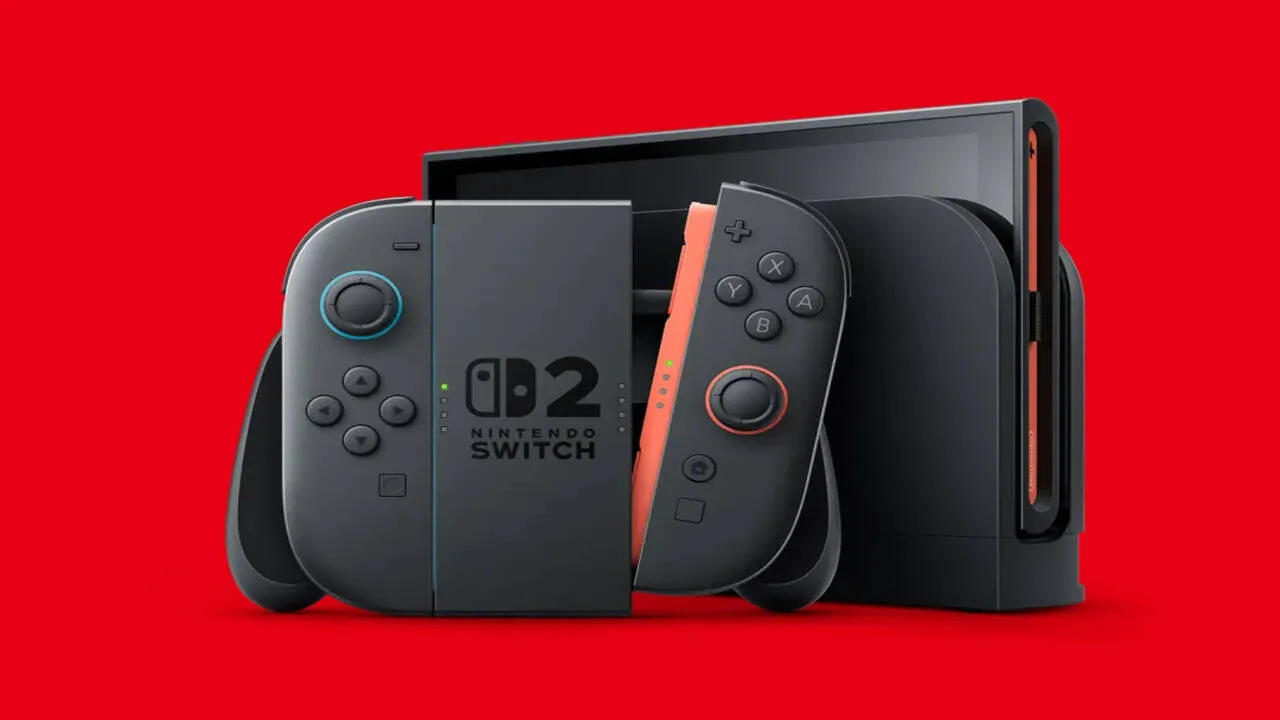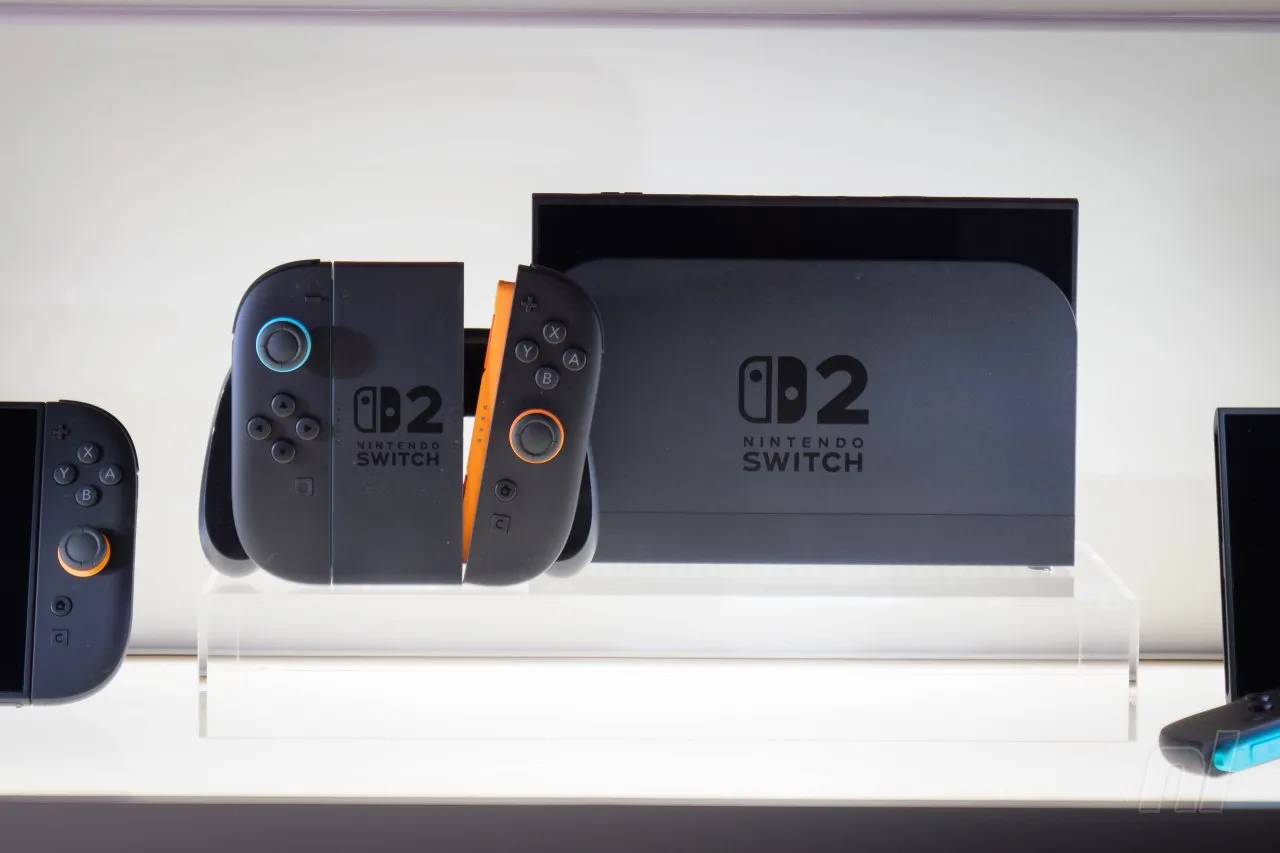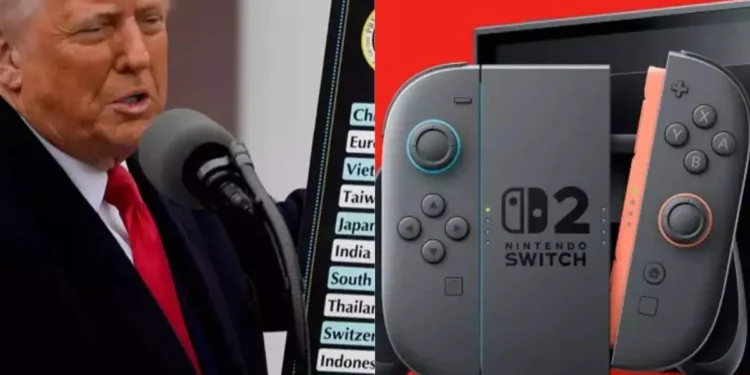Last week’s headlines were dominated not just by traditional news, but by the gaming giant Nintendo’s strategic maneuvers amidst escalating global trade tensions. The company, known for its innovative entertainment systems, announced the impending release of the Switch 2, a successor to its wildly popular console. Priced at $449, this new gadget is already $150 pricier than its predecessor—a hike that can be attributed, at least in part, to the recent tariffs imposed by Donald Trump.

The announcement came on the heels of a drastic policy shift by the U.S., which saw tariffs slapped not just on China, but also on Vietnam and Cambodia, where Nintendo has shifted much of its production. This decision forms a part of what appears to be a broader strategy to onshore manufacturing jobs back to the U.S., a move fraught with economic complexities and potential repercussions.
Economists Critique: A ‘Sea of Idiocy’
The reaction from the economic sector has been swift and severe. Gene Grossman, a renowned global trade expert and Princeton professor, did not mince words. “The policy announcement is astonishing for its stupidity,” he told 404 Media, echoing the sentiment of many in his field. The new tariffs, seemingly arbitrary and based on a crude formula, have set the stage for a significant uptick in prices not only for consumer electronics like the Switch 2 but for a vast array of goods across the board.
“The administration calculated the tariffs for each country based on half of their trade deficit with the United States, crudely affixed with a percent sign,” explained Grossman. This approach has led to a 46% tariff on Vietnamese-made goods and an even steeper 49% on those from Cambodia.

The Gaming Community Reacts
The gaming community has reacted with dismay and frustration, recognizing the broader implications of these tariffs. “If the Switch 2 is something that consumers are dying to have ‘at any price,‘ then the price will go up. But if there are alternatives, Nintendo will have to reconsider its pricing strategy,” Grossman added, suggesting that the actual retail price could climb even higher than announced.
Kimberly Clausing, a professor of tax law and policy at UCLA, concurred, noting that while Nintendo might find other markets to offset these costs, the average American consumer will likely bear the brunt of these increased prices. “Nintendo has no incentive to offer special pricing in the U.S. that could absorb these tariffs,” she stated.
The Broader Economic Impact
Beyond the realm of gaming, the tariffs are expected to have far-reaching effects. Everything from automobiles to clothing could see price increases, a consequence of disrupted supply chains and increased production costs. Daniel Ahmad, a video game market analyst, highlighted the impracticality of shifting manufacturing on such a large scale. “It’d probably take 4-5 years to complete a factory in the U.S., and that’s before considering the time and cost to rebuild supply chain infrastructure,” he tweeted.
Jason Cherubini, a finance executive at Loyola University Maryland, suggested that while some level of tariff was anticipated and factored into the price, the actual figures were beyond expectations. “The price announced is likely to stick, as consoles are often sold at a strategic loss, recouping profits through game sales,” he explained.

As it stands, the electronics industry’s attempts to establish high-tech manufacturing capabilities in the U.S. have been less than successful, with only a single rare earth minerals mine and mixed results from major factories. This points to a grim reality: the economic discomfort triggered by these tariffs could be long-lasting and deeply felt across various sectors.
This development serves as a stark reminder of the interconnectedness of our global economy and the tangible impact of political decisions on everyday items like the Nintendo Switch 2. As we brace for potential price hikes and economic shifts, the story of the Switch 2 may just be the beginning of a larger narrative of economic adjustment and resilience in the face of geopolitical strife.










